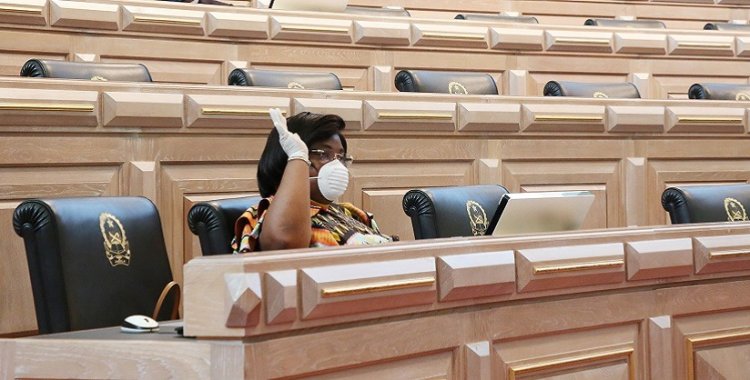The draft law was approved with 141 votes in favor, with no votes against and with 54 abstentions, now moving on to the discussion in the specialty.
In the presentation of the proposal for the legal diploma, the Minister of Finance, Vera Daves, explained that the document introduces occasional changes, following a set of constraints pointed out by both public contracting entities and competing companies.
According to the minister, after analyzing the constraints, the executive understood "that it was possible to introduce" some "improvements to the law", namely with the creation of the new "dynamic electronic procedure", to allow speedy adjudication in less than 24 hours.
"Applicable to companies previously registered and that are not for any reason or legally prevented from participating in tenders or in any public procurement procedure", explained Vera Daves.
The minister said that it is also proposed to create a preliminary market consultation regime and to make prices compulsory before the procedure is launched.
This change, continued Vera Daves, aims to enable "public companies that manage to maintain themselves based on the results of the goods they provide and the services they provide, without any recourse to the OGE [State Budget], can be in a position to compete with private companies, through contracting based on the commercial companies law and not the Public Contracts Law ".
The head of the Finance portfolio stressed that this proposed amendment will be an incentive for public companies to become efficient and to dispense with the use of state subsidies.
"We are also proposing the definition of criteria for the declaration of impediments to the participation of interested parties and the elimination of the provisional bond and the respective modes of provision and refund", he stressed.
According to the minister, competing companies have always presented the question of the provisional bond "as an impediment or at least a deterrent to their participation in procurement procedures carried out by the State, due to the impact on their treasury".
The reduction of the maximum duration of the framework agreements from eight to four years, the clarification and inclusion of rules on non-compliant companies, that is, rules that are considered to put certain companies on a black list, which prevent them from participating in contracting carried out by the State are other changes that the document proposes.
For micro, small and medium-sized companies governed by Angolan law, the draft law provides for a special regime, while proposing the reduction of the final security provided after the contract is signed, from a maximum value of 20 per cent to a maximum of 10 per cent .
"With this we intend to create an environment for medium and small companies to also participate in procedures, because the value of the deposit created space for larger companies to participate more easily", he stressed.
"And we are planning to request qualification documents only from the winners of the contests and not from all the competitors, in order to reduce the bureaucratic burden and the work that is - we are aware of this - getting all the documents so that in the end you will not be the winner of the contest" , he added.
In response to the deputies on ensuring greater transparency in public procurement, the minister reassured parliamentarians, stating that there are legal instruments, namely the Penal Code, Public Probity Law, Law on the Criminalization of Actions Related to Money Laundering, to which pedagogy actions come together.







